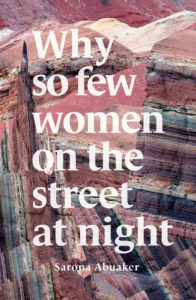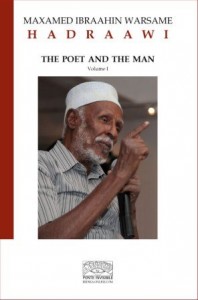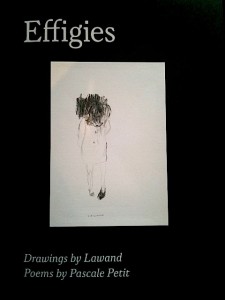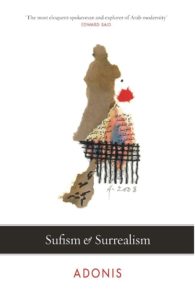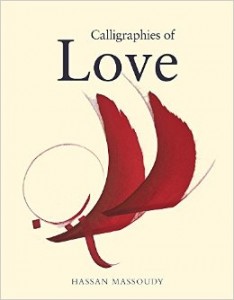ISBN: 978-1-7399547-0-3
Paperback: 116 pages
Publisher: the87press, 2021
Language: English
In Sarona Abuaker’s extraordinary debut collection, “images, graphs, charts, statistics, maps, bank statements from the home of origin &/or showing the said home of origins” perform a version of skin that shakes until it is no longer something another person could touch. Is this erasure, a metamorphic performance, or the moment, in fact, in which the body is disappeared? In one searing instance, Abuaker attends to somatic memory as something made available only by severance, a physiological and political act: “release memory/ muscle/heart/if you cut open the chest/you will see the blockages/cross lines/coronary/green azygous/armistice/ partition/seizing seizing seizing.” Here, syntax performs the cut and becomes the texture, the wound, the very thing that must be sutured now. As the poet writes: “resistance sometimes looks like constraint.” Perhaps the same could be said of recovery (aftermath) as well.
– Bhanu Kapil
Sarona Abuaker is a poet, artist, and educational outreach worker. She graduated with a Masters in Art and Politics from Goldsmiths, University of London. Her poems have been published in Berfrois, MAP Magazine, the 87press’ Digital Poetics series, and Ludd Gang. Her essay ‘Suture Fragmentations – A Note on Return was published by KOHL: A Journal for Body and Gender Research in their Queer Feminisms Issue in December 2020. In 2021, Sarona took part in Notes on Radical Inclusivity, Diaspora, and Poetry, a roundtable discussion and online poetry showcase co-curated by the87press and Camden Art Centre. Why so few women on the street at night is her debut collection.
